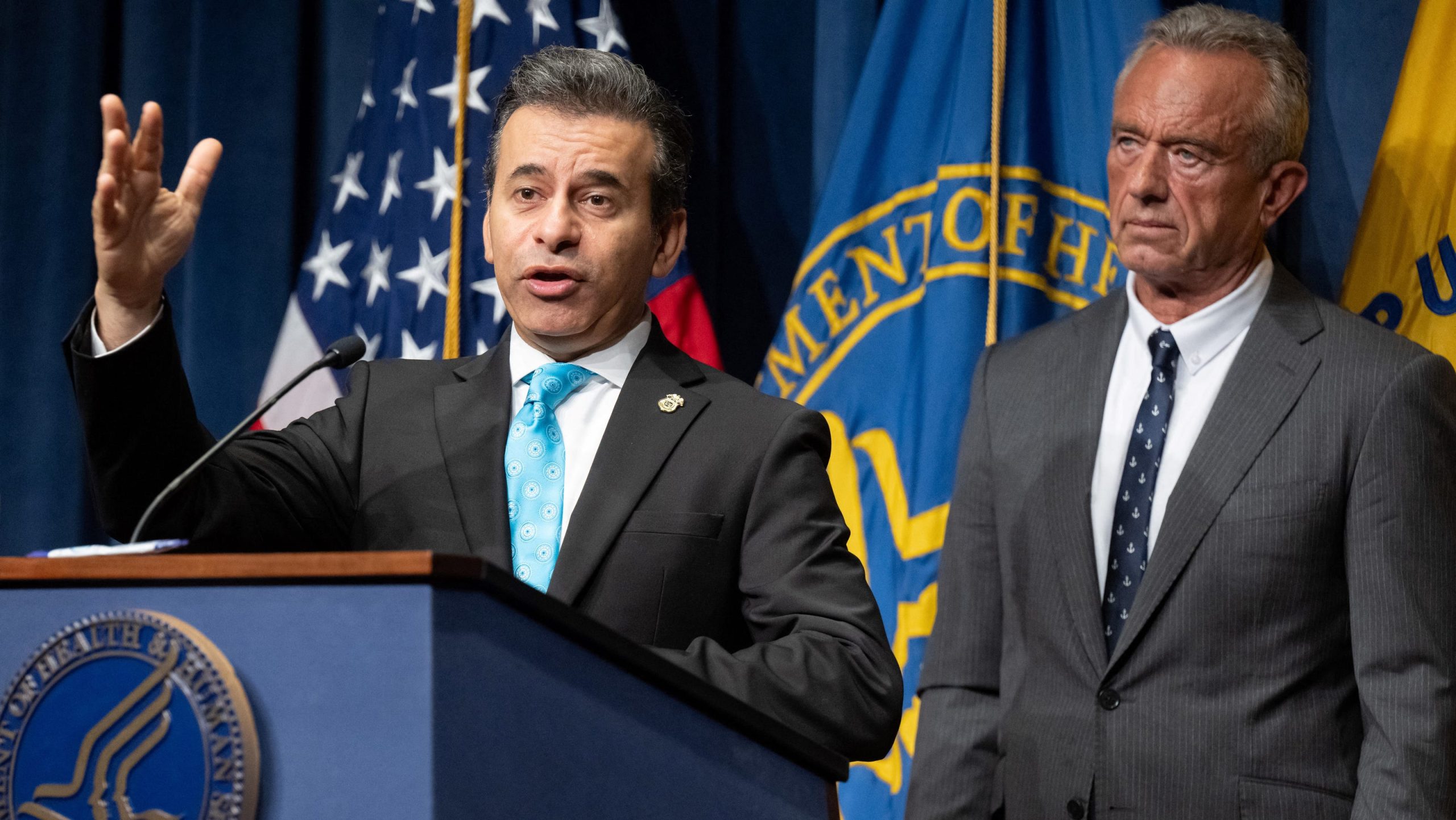Federal officials are taking decisive action against a concerning wave of unregulated products, including tablets, gummies, and drink mixes, currently sold online and in various convenience stores and gas stations across the nation. These items contain a compound known as 7-Hydroxymitragynine, or 7-OH, which the Food and Drug Administration (FDA) has now recommended for classification as an illicit substance due to its potent, opioid-like effects. This move underscores a critical step in the ongoing fight against the national opioid crisis.
The compound 7-OH, described as a “dark innovation in chemistry,” is notably more powerful than morphine, acting as a strong opioid agonist. This alarming potency is a primary driver behind the federal push to schedule it as a controlled substance, a decision that awaits approval from a specific branch of the U.S. Justice Department responsible for such classifications. The classification aims to curb the widespread availability of these dangerous substances and protect public health.
Authorities have reported a disturbing surge in adverse health events linked to 7-OH, including a significant rise in overdoses, poisonings, and emergency room visits. These incidents highlight the severe risks associated with consuming unregulated substances that lack any form of quality control or proper dosage instructions. The uncontrolled nature of their distribution channels, particularly gas stations, makes them easily accessible to unsuspecting consumers.
A key concern articulated by health officials is the deliberate addictive nature of 7-OH. Unlike legitimate pharmaceutical products, these unregulated versions offer no safety assurances, posing an immediate and severe threat to individuals who consume them. The current unregulated market allows these potent substances to proliferate without oversight, compounding the challenges faced by communities battling substance abuse.
In a coordinated effort to combat this issue, federal agencies, including the Department of Health and Human Services and the FDA, have announced plans to issue warning letters to companies illegally marketing products containing 7-OH. This proactive measure aims to dismantle the illicit trade of these dangerous compounds and send a clear message to manufacturers and distributors about the legal ramifications of their sales.
The FDA’s findings explicitly state that 7-OH exhibits “substantially greater mu-opioid receptor potency” than kratom’s primary alkaloid constituent, mitragynine, and even traditional opioids like morphine. This scientific assessment provides the crucial evidence needed to justify its reclassification and underscores the significant public safety threat it represents. Understanding this distinction is vital for effective drug regulation.
This federal intervention represents a crucial pivot in addressing emerging threats within the landscape of recreational drugs and the broader opioid epidemic. By targeting the source and distribution of these highly potent, unregulated compounds, the government aims to mitigate further harm and prevent new addictions from taking root. The comprehensive FDA action is a testament to the urgency of the situation.
Ultimately, the move to ban these opioid-like products signifies a commitment to safeguarding American citizens from dangerous, unverified substances. It emphasizes the government’s role in proactive public health initiatives and its unwavering dedication to combating the multifaceted challenges of drug abuse and addiction. Continued vigilance and robust drug regulation are paramount in this fight.






Leave a Reply